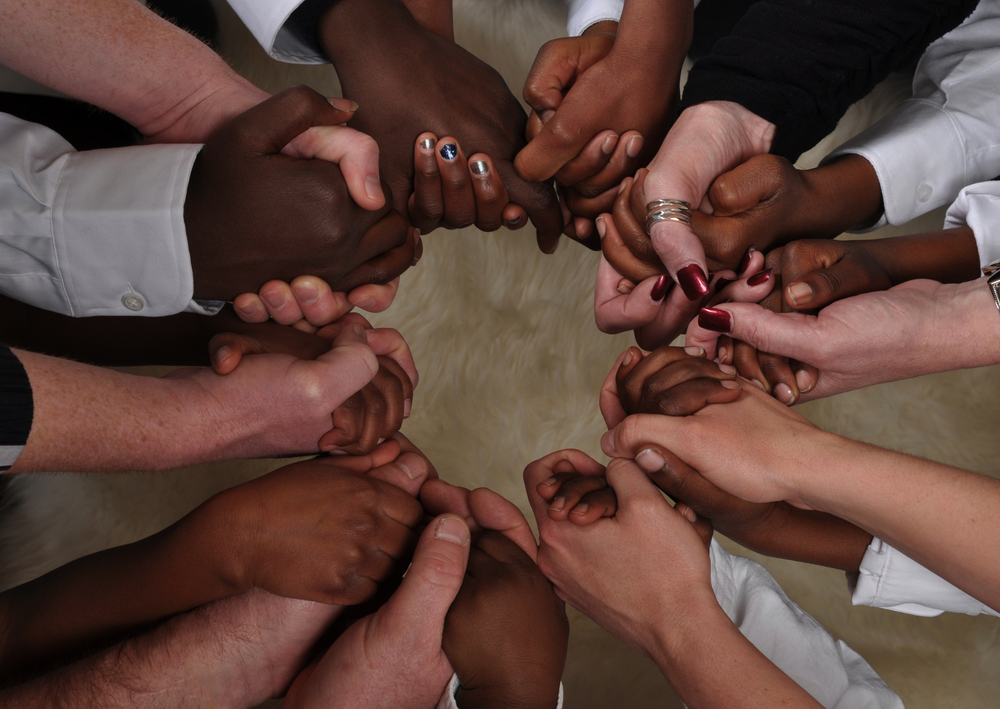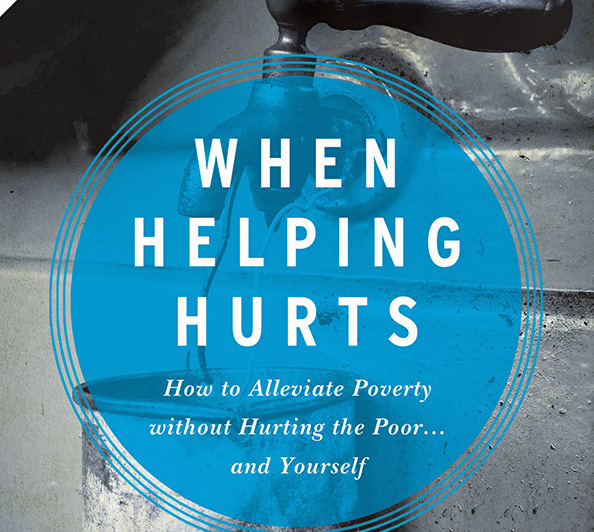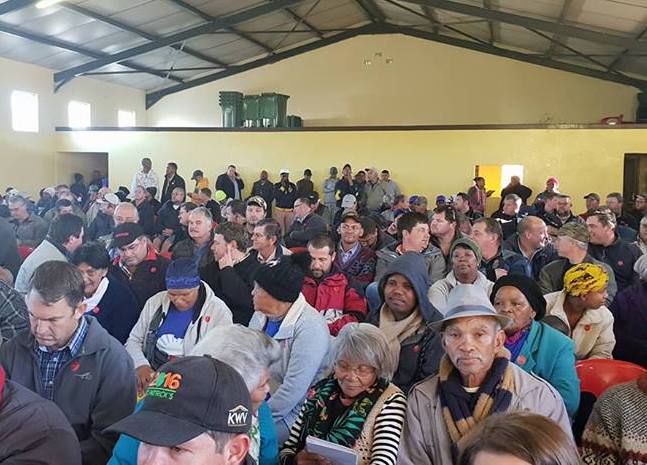The Genius of God at Work, in His Church, His Body, His representatives on earth.
The church is awaking from her slumber, and are taking a stand for healing, mediation and reconciliation. The Mediation Foundation for Peace and Justice[1]organised a conference at the Cape Castle for the restoration of land and the dignity of the people under the leadership of Alan Nelson.
The African Christian Union[2]was founded by Apostle Gregory Kruyer to speak to the societal issues of Africa and they have been working to bring the gospel to all the five groupings of the Khoi Khoi, and bushman people. (Korana, Bushman, Griqua, Cape Khoi and the Nama.) On 19 May 2017 a royal degree was signed to protect their heritage according to International Law and basic principles of minority protection, and to declare their royalty and sovereignty as the first nations in Southern Africa. The signing of this decree is significant as it brought unity to them as a collective.
Princess Chantal Revell is really the one who carries the spiritual burden of the Khoi. She holds it all together and has been on the journey of the restoration of her people for 18 years. She is on the national Khoi council, a statutory body and has connections with all the various groups although she is a princess in the Korana royal house.
Special care was taken to lead them to Christ, offering counselling and support. A 7 day fast was undertaken leading up to the anointing ceremony of this day, 8/8/2018. This was done prophetically to lay down their Kingdoms to the King of King Jesus Christ. Also breaking the curse of slavery and poverty that has rested upon these peoples for centuries. The apostles of the city came and anointed these Kings and Queens as the Priest of old, to rule wisely, righteously, and bring peace to their people. Their kingdoms were thus declared and honoured, as the Bible ascribes in the Law, that we should honour our parents so that we may have a long life.
Calvyn Gilfellan CEO of the Castle of good hope, the oldest Colonial building in the Country welcomed all the guests by reminding them of the prophetic significance of the date. 8/8/18 Speaking of 3 times new Birth, 352 years since the arrival of Jan van Riebeek. August is also declared Diversity Month, and the room used for the conference is called “allermans barracks”. The purpose of the meeting was to prophetically declare the restoration of first nations in South Africa. May God use this building (to many a tombstone of pain and suppression) as the birthplace of a new foundation. Let’s unite.
The Keynote speaker was Chief Justice Mogoeng Mogoeng. His message was from Jeremiah 30. The only way to achieve a truly sustainable solution to the emotional land expropriation issue is through peace, unity and shared prosperity.
Mogoeng Mogoeng the head of South Africa’s judiciary – a part-time pastor – challenged those present, who were mostly members of the First Nations (Khoi and San) royal houses, to seek the return of their land through peace and forgiveness. Speaking to the media outside the event, Mogoeng said the country needed to go back to basics if it wanted the best land expropriation solution.
“We need to get the foundation right. For us to resolve any of the serious problems that confront South Africa, we’ve got to deal with ourselves as a people.
“We are too divided to achieve anything,” he added.
The critical starting point therefore was for South Africans, black, white and especially First Nations people, to recognise that the overemphasis placed on artificial differences has taken citizens back.
“We need to recognise that we are one people, one nation. As long as we are divided, we are not going to achieve anything. This is a critical beginning that our country has everything that each and every one of us needs to prosper and realise our full potential.
“Let’s unite. Let’s pursue peace. Let’s love and respect ourselves because you can’t give what you don’t have.” Mogoeng also said there were so many things that enjoined and united South Africans as people, for too long the country has focused on what separated it.
“The rest of the African continent looks to South Africa for guidance and solutions because of the incredible capacity we’ve displayed for compromising and bridging our differences, and the infrastructure we have here.” Mogoeng said he would visit a group of “mega farmers” in Parys at the end of August to engage and take his message to them. “The message is the same: don’t despair about the land issue. We are a peace-loving people as South Africans, and there is no solution that relates to the land issue except one that caters to all of us, that unites us, and is enduring.
“If we ever think we have arrived at a solution, but it is such that it benefits some but not all, it won’t last long. We will play games to try and sustain it, but it can never sustain forever. “That which will unite us and sustain peace, is the kind of solution that we must pursue.”
He again emphasised that solutions driven by love, reconciliation, peace and shared prosperity “will last forever. If not, it will fail, and it’s just a matter of time”.
There was a strong church presence during Mogoeng’s address and a ceremony to honour the First Nations royalty present. Mogoeng led those present in a prayer and asked God to lead the way as South Africans find solutions to what was a heart problem. “Nobody wants to be dehumanised, nobody wants to be exploited. So I understand where the anger comes from. But it is time to forgive,” he challenged everyone. If they do so, God would find a way for land to be returned to those who deserved it and for all in the country, black and white, to prosper together, he said.[3]
Mogoeng plainly focused our attention that the only Unifier is the one who knows the secrets of the heart and the future. Jesus Christ!
A Judge understand judicial processes, it was significant that he directed us all, but specifically the descendants of the first nations of South Africa, to the Biblical healing process. Thy bruise is incurable, and thy wound is grievous… for the multitude of thine iniquity; because thy sins were increased.Jer 30:12-14.
In legal terms, this is a profound truth. You were inflicted with wounds because of someone’s transgression against you, but because of the transgressional sins that you have entered in, your wounds are not healing. Sins like hatred, bitterness, and resentment can do that to a person. For a person to heal of the inflicted wounds of someone else’s sin, you have no other option, but to forgive, and bless and pray for your enemies.
We are looking to people to heal our wounds, but do not repent of our own iniquity.
After 24 years, our best efforts have failed us, to unite this nation and foster prosperity for all. The strong arm of our own efforts and strength has not availed. We need to turn our heart and eyes to Jesus and allow the Holy Spirit to lead us.
There are also many promises in the portion of scripture, whirlwinds of revival, restoration of what was lost, glory and restitution. However, please understand that no promise are without conditions.” Stop the thinking of receiving and getting. Adam worked. Prov 22:29 Those who are diligent will be brought before kings. Every single promise in the Word is always with conditions, and requirements first to be accomplished and fulfilled before the promise is released.
The message and person of the Chief Justice gives hope! There were many decrees and declarations made during the meeting of the birth of a New Nation. A united, peaceful and prosperous nation!
During the lunch break I was introduced to Chris Pienaar, a unionist from Paarl, with the most perfect Afrikaans accent, yet he is black. He smiled warmly: “one day I will tell you my whole story.” With a twinkle in his eye, he told me of how many times he would introduce himself over the phone, and then when arriving at the appointed meeting, see the confusion on faces, they expected a white person. After many years of winning CCMA cases he realised something has to change. They were winning cases, but destroying relationships, and destroying any future provision and favour for that individual. They are working on a new type of workers Union based on a Christ-centred relationship mediation approach.
In the end of the meeting, once the royalties were honoured, blessed and declaration of anointing received. The moderator of the NGK church Nelis Janse van Rensburg spoke. He emphasised and offered a sincere apology for the abuses of the past. Declaring that the church will continue to apologise, again and again, until all receive the healing and restoration that Christ offers. As the NGK church they have started a process called ‘the season of human dignity’. Together we will discover and affirm the human dignity given by God in Christ to us all and the implications of this discovery and affirmation for the church.
The values for this process are:
- Listening
- Respect
- Embracement
- Selflessness
At a certain point he said: “we want to bow before you and ask forgiveness” at that moment I felt we had to demonstrate this. We knelt before the royal guest, and started repentance from the heart, praying for another. There is so much pain! It is immeasurable! Yet as soon as we finished, these dear old leaders reciprocated and instantly gave forgiveness.
Something was released in the heavenlies as the Holy Spirit disrupted the program and many tears flowed. The atmosphere changed and healing was released.
This day was evidence of the restoration of the Hut of David, where all the gentiles come and bow their knee to the King of all kings.
As we now go out to our cities and town, may we seek more ways to reconcile, make peace, listen, talk, share stories, humble ourselves and see a nation healed, and a new nations awaken and rise up in righteousness.
May we see in our lifetime the healing of the nations in South Africa.
[1]http://peaceandjustice.co.za
[2]http://www.acu.org.za
[3]https://www.news24.com/SouthAfrica/News/mogoeng-calls-for-peace-forgiveness-to-resolve-land-issue-20180808



